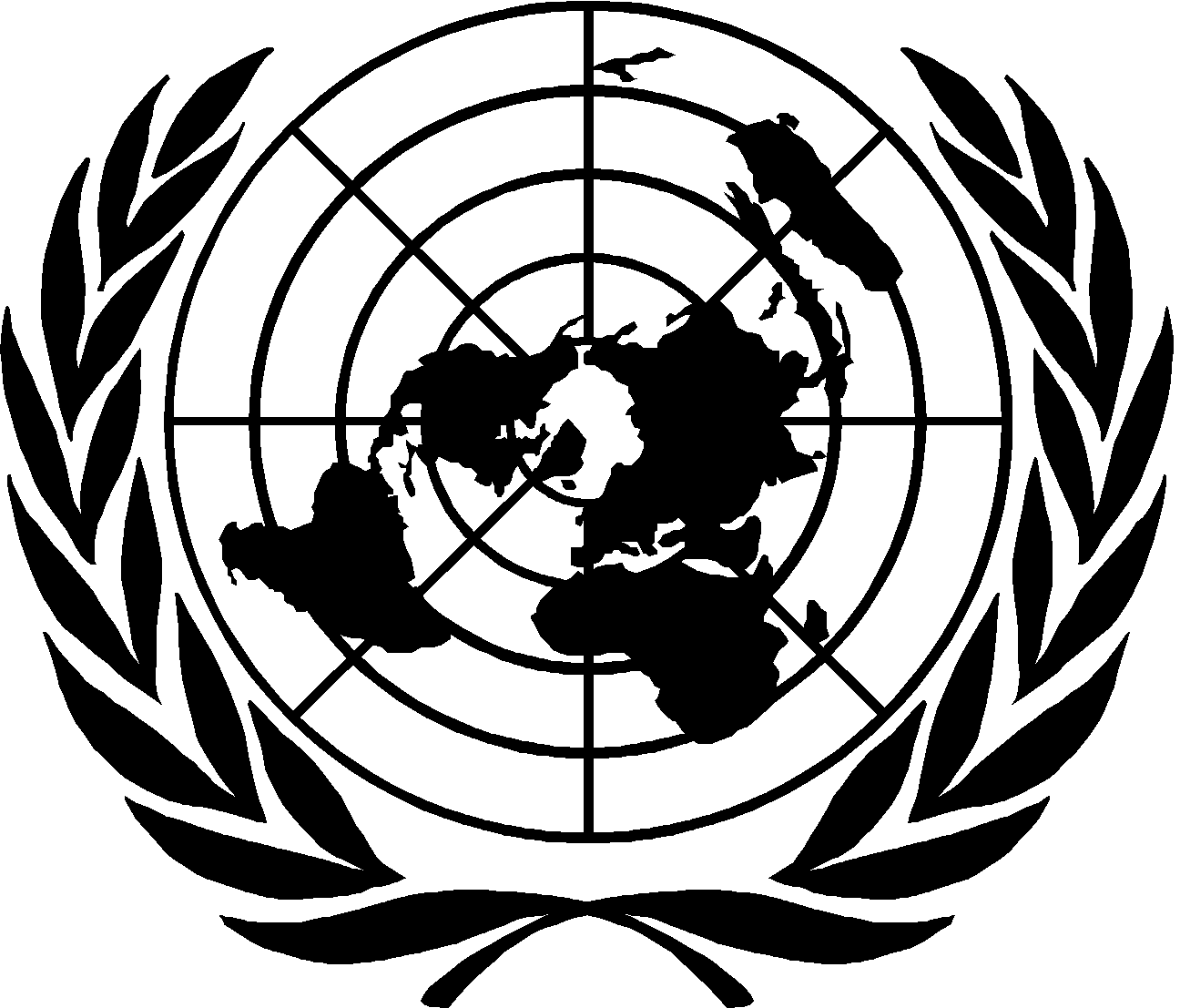|
|
|
||||||||||
|
|
Crucial climate change talks set for The Hague UNITED NATIONS NATIONS UNIES
FRAMEWORK CONVENTION ON CLIMATE CHANGE CONVENTION - CADRE SUR LES CHANGEMENTS CLIMATIQUES
For use of the media only; not an official document. PRESS RELEASE Crucial climate change talks set for The Hague Governments to decide future of Kyoto Protocol Bonn, November 2000 - Ministers and diplomats from some 160 governments will meet in the Dutch city of The Hague from 13 - 24 November to accelerate international action to reduce greenhouse gas emissions. A global strategy on climate change has been agreed under the 1992 United Nations Climate Change Convention and its 1997 Kyoto Protocol. This international legal regime promotes financial and technical cooperation to enable all countries to adopt more climate-friendly policies and technologies. It also sets targets and timetables for emissions reductions by developed countries. Most governments, however, have still not ratified the Protocol, which means that its emissions targets for developed countries - which add up to an overall 5% reduction compared to 1990 levels during the five-year period 2008-2012 - are not yet in effect. Many governments are awaiting agreement on the operational details of how the Protocol will work in practice before deciding on ratification. The Hague meeting must decide these details and ensure that they will lead to action that is both economically efficient and environmentally credible. It must also strengthen the effectiveness of the many activities taking place under the Convention.
"The Hague conference is a make or break opportunity for the climate change treaties," said Michael Zammit Cutajar, the Convention's Executive Secretary. "Unless governments of developed countries take the hard decisions that lead to real and meaningful cuts in emissions and to greater support to developing countries, global action on climate change will lose momentum." "The meeting's success will be measured by the early entry into force of the Kyoto Protocol - I hope by 2002, ten years after the adoption of the Convention at the Rio Earth Summit. With scientists increasingly convinced that we are already witnessing the effects of global warming, we must ensure that the next decade produces real progress on lowering emissions and moving economic growth on to climate-friendly paths," he said. Developed countries are concerned that this rapid transition to a lower-emissions economy could have short-term economic implications, including a potential impact on trade competitiveness, both among themselves and vis-à-vis those developing countries that are now industrializing. The Protocol will only enter into force after it has been ratified by at least 55 Parties to the Climate Change Convention, including industrialized countries representing at least 55% of this group's total 1990 carbon dioxide emissions. So far, only 30 countries - all from the developing world - have ratified the Protocol. Key Protocol-related issues that still need to be resolved include rules for the Protocol's Clean Development Mechanism and its Joint Implementation and emissions trading systems, rules for obtaining credit for improving "sinks" (by planting new trees to absorb carbon dioxide from the atmosphere, for example, thus offsetting emissions), a regime for monitoring compliance with commitments, and accounting methods for national emissions and emissions reductions. Key Convention-related issues include technology transfer, capacity building, financial assistance, and the special concerns of developing countries that are particularly vulnerable to climate change or to the economic consequences of emissions reductions by developed countries. The various Protocol and Convention issues are strongly interlinked and will only be resolved as part of a package deal. The Hague meeting is officially called the Sixth Session of the Conference of the Parties to the Convention, or COP 6. It is expected to draw well over 5,000 participants and a large number of ministers. Dutch Environment Minister Jan Pronk has been designated the conference President. Note to journalists: The press accreditation form, official documents, and other information are posted at www.unfccc.int. For interviews or additional information please contact Michael Williams in Geneva at (+41-22) 917 8242/44, fax (+41-22) 797 3464, e-mail mwilliams@unep.ch or Nardos Assefa in Bonn at (+49-228) 815-1526, fax (+49-228) 815-1999, e-mail nassefa@unfccc.int.
|
|
||||||||||||||||||||||||
| © 2000 UNFCCC | ||||||||||||||||||||||||||

